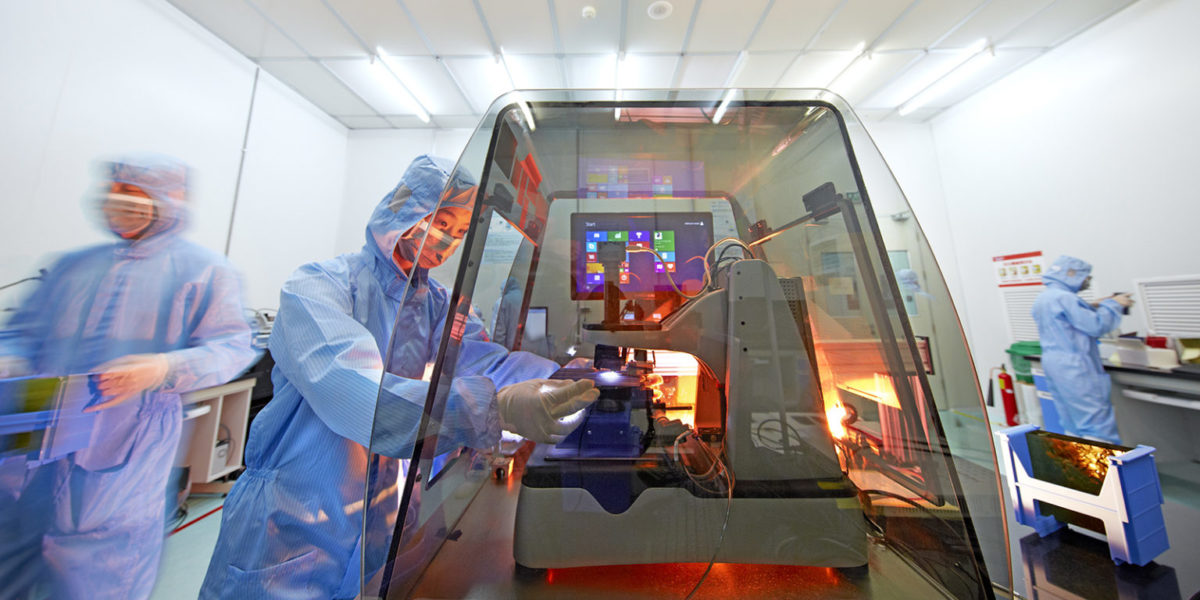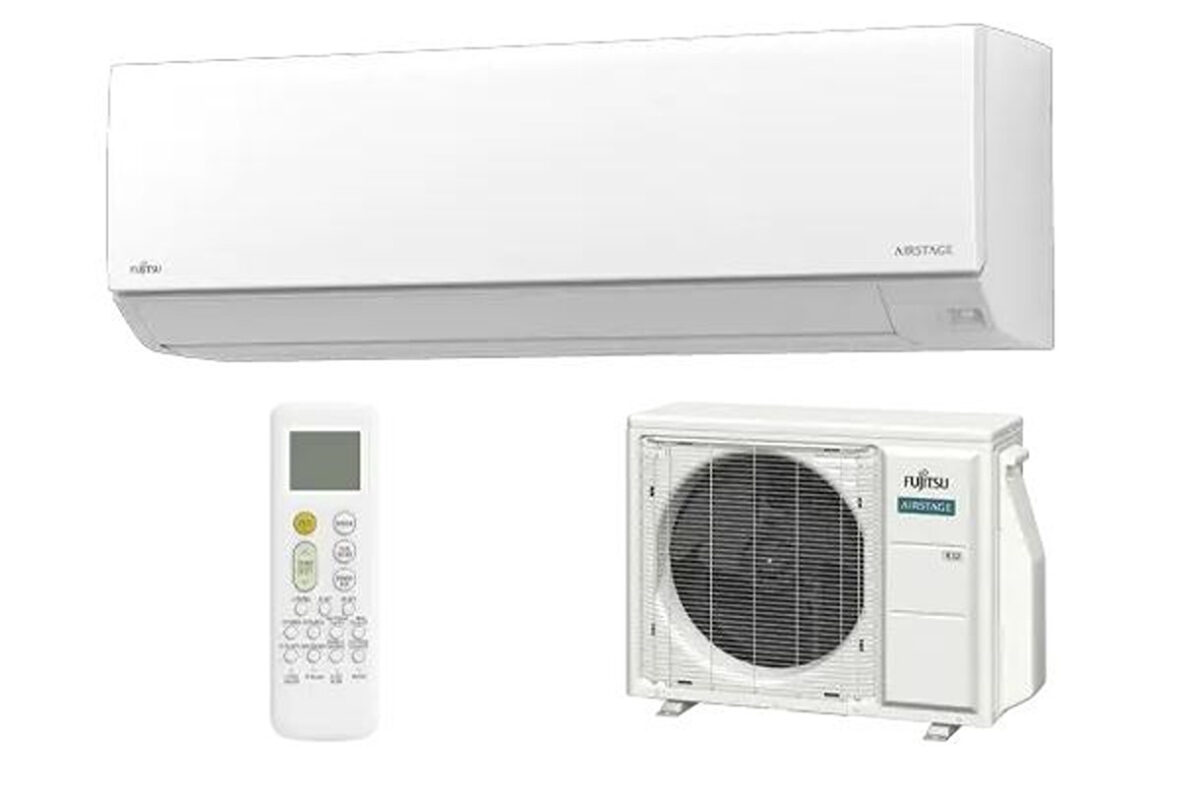China's Trina Solar has revealed that it has filed a patent infringement case against Hanwha Q Cells (Qidong), a Chinese unit of South Korean panel maker Hanwha Q Cells.
Trina Solar said it filed the lawsuit with the Suzhou Intermediate People’s Court (IP section), which accepted the complaint.
“Hanwha Q Cells is unlawfully exporting and selling solar modules, infringing a patent granted to Trina Solar by the China National Intellectual Property Administration in 2016,” the Chinese solar module manufacturer said in a statement to pv magazine. “The lawsuit involves the core cell technology commonly used in Hanwha's current modules produced in China and sold globally. The alleged infringing products include Q.PEAK DUO BLK M-G11A+, Q.PEAK DUO M-G11 and other key products.”
The company said that several Hanwha products related to the patents that were ready for shipping have already been seized by the customs authorities in China.
“If unlawful infringement is established, Hanwha will be prohibited from producing and selling these products and is likely to be forced to pay significant compensation to Trina Solar,” said Trina.
If Trina succeeds in proving its claims in China, Hanwha Q Cells could be prohibited from producing and selling the infringing products in China and other countries. It could also face high infringement compensation for past production and sales.
Hanwha Q Cells (Qidong) was established in 2004 in Qidong, in China's Jiangsu province. It soon became one of Hanwha’s major solar module production units. According to Taiwanese consultancy PV InfoLink, Hanwha Q Cells had a total module capacity of 9.9 GW at the end of 2022, with at least 2 GW coming from its Qidong factory.
“Hanwha Solutions is committed to its ongoing endeavours to establishing a healthy industry landscape in which time- and capital-intensive R&D efforts are properly protected,” a company spokesperson told pv magazine. “Q Cells sets exemplary standards in this matter, and as such we are confident that the company can successfully defend and ultimately have this particular legal case decided in our favor because we strongly believe that our products do not infringe the patent in question.”
In late December, a German court issued a preliminary injunction ordering Trina Solar to stop selling its Honey and Vertex X solar modules in Germany, as they allegedly infringe upon the patented passivation technologies of Hanwha Q Cells.
In late October, Hanwha Solutions filed a preliminary injunction request in which it claimed that Trina Solar (Germany) had been improperly selling solar modules in the German market. It claimed that the Trina Solar panels infringed upon one of its own patents for its proprietary Q.ANTUM passivation technology. It say this technology plays a key role in improving the performance of silicon-based solar cells.
This content is protected by copyright and may not be reused. If you want to cooperate with us and would like to reuse some of our content, please contact: editors@pv-magazine.com.




1 comment
By submitting this form you agree to pv magazine using your data for the purposes of publishing your comment.
Your personal data will only be disclosed or otherwise transmitted to third parties for the purposes of spam filtering or if this is necessary for technical maintenance of the website. Any other transfer to third parties will not take place unless this is justified on the basis of applicable data protection regulations or if pv magazine is legally obliged to do so.
You may revoke this consent at any time with effect for the future, in which case your personal data will be deleted immediately. Otherwise, your data will be deleted if pv magazine has processed your request or the purpose of data storage is fulfilled.
Further information on data privacy can be found in our Data Protection Policy.